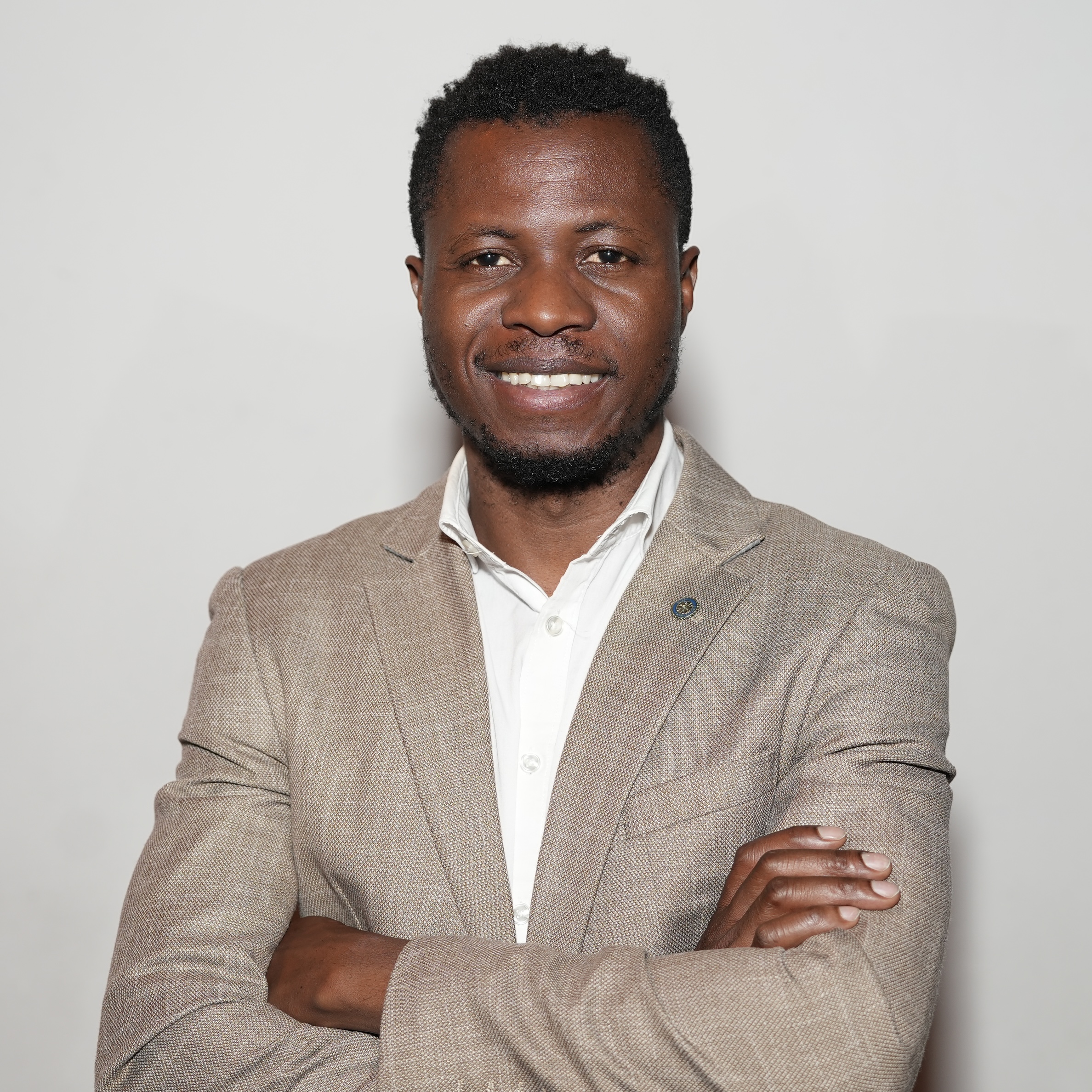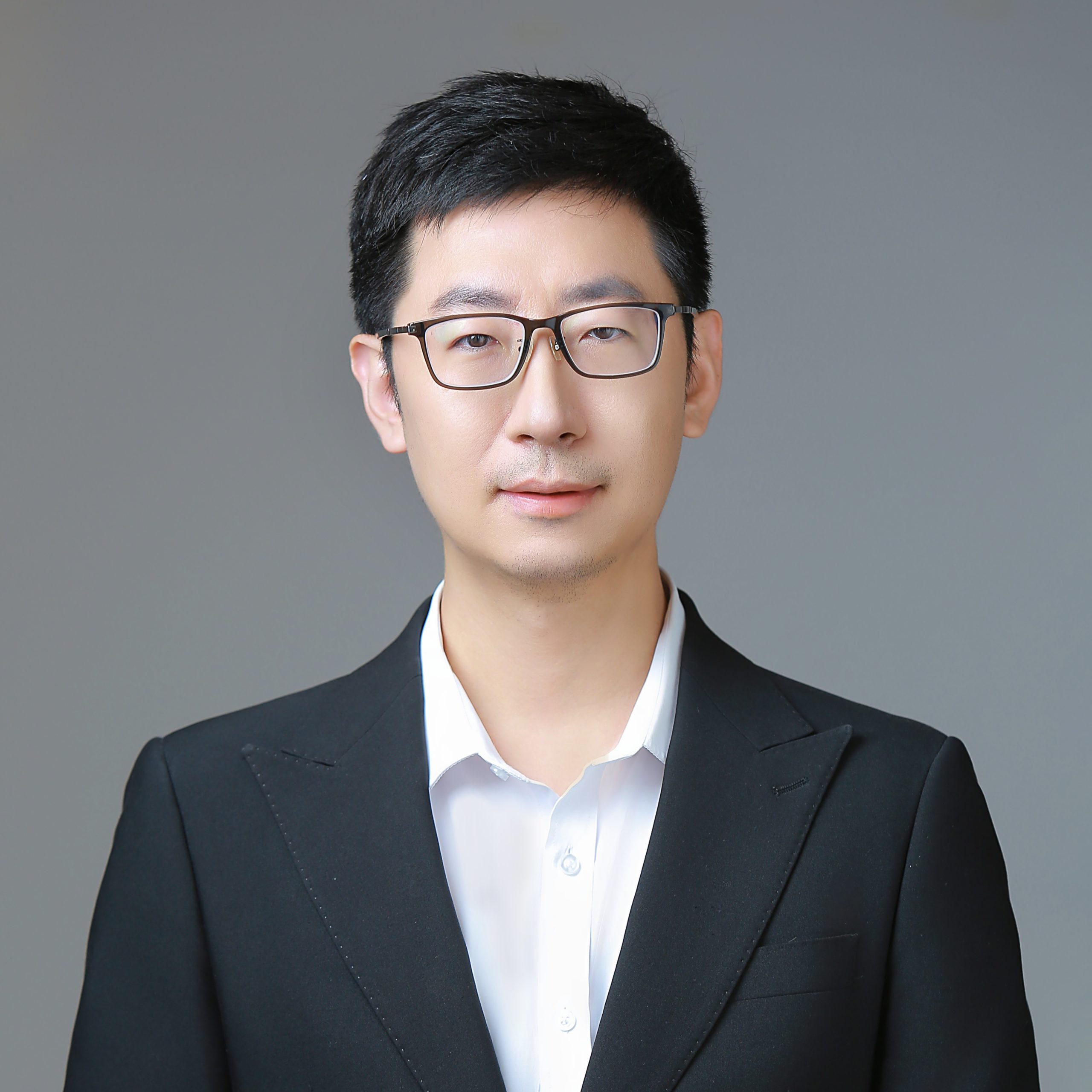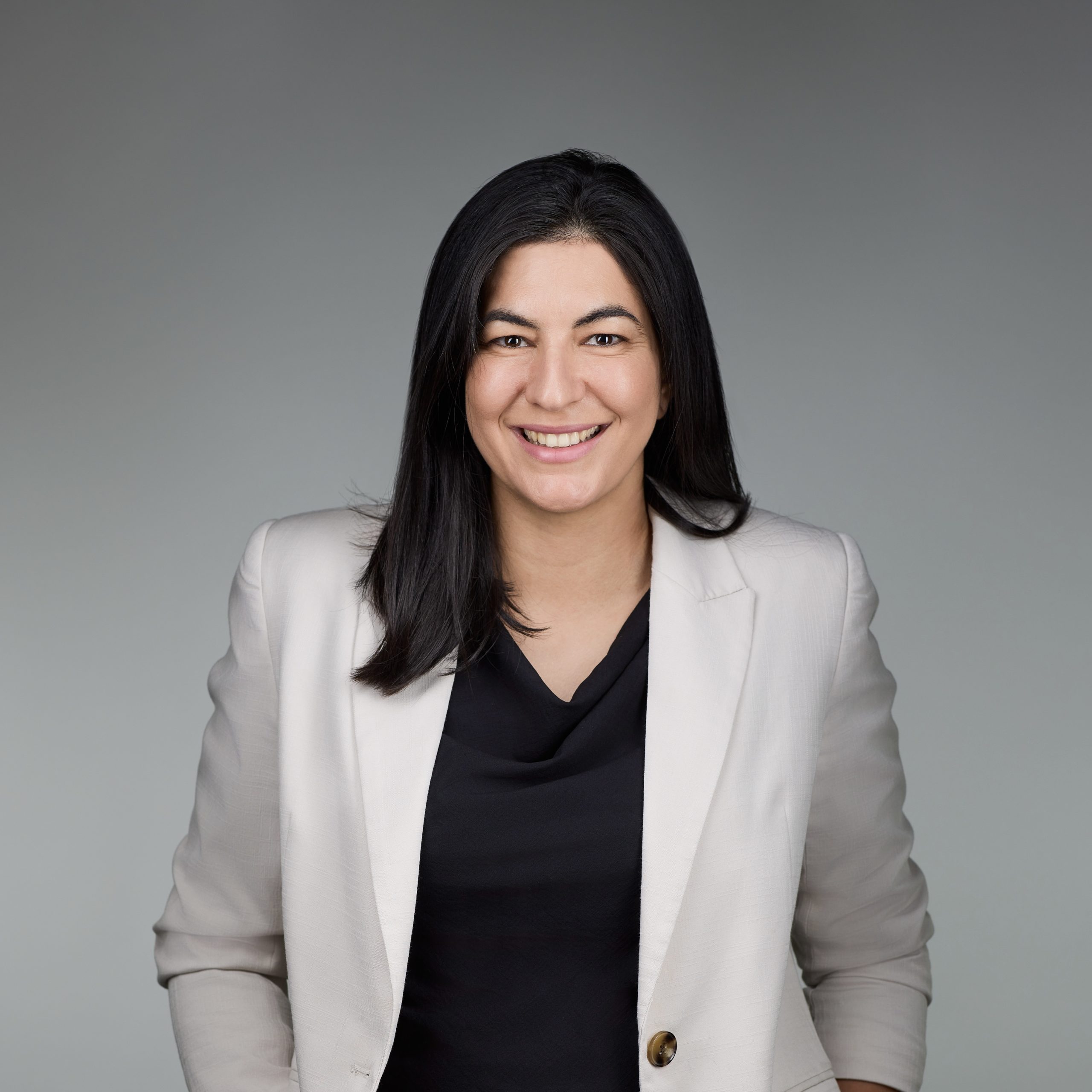







On September 19, a prestigious awards ceremony was held to honor the exceptional winners of the UNESCO–Al Fozan International Prize: Mr. Ndaudika Mulundileni (Africa), Dr. Mounia Laassiri (Arab States), Dr. Lijing Cheng (Asia and the Pacific), Dr. Kyriaki Michailidou (Europe and North America), and Dr. Rosa Vásquez Espinoza (Latin America and the Caribbean). The award celebrated their outstanding achievements and remarkable contributions to the advancement of knowledge, innovation, and sustainable development in a wide range of scientific and educational fields.
UNESCO hosted the ceremony, which was attended by distinguished guests, including ambassadors from various countries and ministers from Saudi Arabia, reflecting the global significance of the winners’ work. The event provided a platform to honor their academic and professional achievements, as well as their efforts in promoting inclusive and future-ready societies and encouraging international cooperation.
Mr. Abdullah bin Abdullatif Al-Fozan, founder of the Abdullah Al-Fozan Foundation for Education, presented each winner with their award in recognition of their pioneering initiatives and the lasting impact of their work at the national and international levels. The presence of distinguished delegates from around the world underscored the importance of cross-border knowledge exchange, while the participation of Saudi ministers highlighted the Kingdom’s commitment to supporting scientific excellence, education, and innovation.
The awards ceremony also served as an opportunity to inspire future generations. Honoring the winners with these awards serves as a beacon of hope, motivating young people around the world to pursue knowledge, embrace innovation, and strive for excellence in their fields. Their achievements demonstrate how science, education, and leadership can come together to make meaningful and lasting contributions that benefit society as a whole.
The event concluded with a shared commitment to continue supporting outstanding talent and strengthening cooperation between regions, ensuring that the next generation of scientists, educators, and innovators is equipped to tackle global challenges and contribute to sustainable development.





The Jury is composed of five independent eminent members being personalities with a recognized reputation in the field of STEM. Selection of Jury is based on the need for diverse representation of scientific fields, equitable geographical distribution and gender equality.